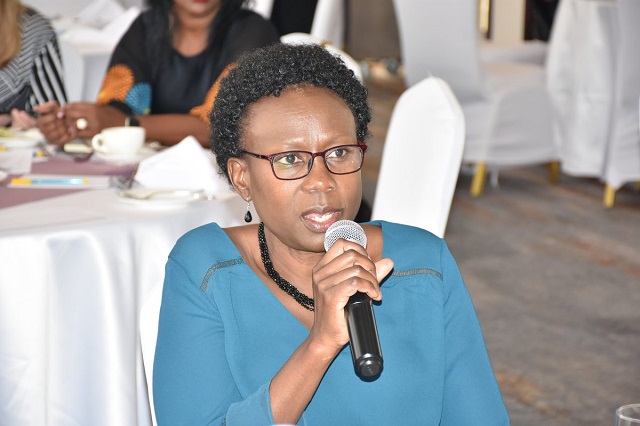
Kampala, Uganda | THE INDEPENDENT | Uganda is going to deploy frontline health workers on the Uganda-Tanzania border crossing at Mutukula as a response measure for the ongoing Ebola outbreak in the Democratic Republic of Congo.
This follows concerns from the World Health Organisation, about Tanzania’s obstinacy in investigating the suspicious death of a female student who died of an Ebola-like disease a few weeks ago. The student died on September 8, in Dar Es Salaam, after travelling to the towns of Songea, Njombe, and Mbeya.
According to WHO reports, testing performed by the Tanzanian National Health Laboratory reportedly indicated that the student was positive for the virus. Subsequent reports indicated that there were several other suspected cases and contacts in quarantine in various sites in Tanzania. Another case involving a 27-year-old male was reported on September 12, 2019.
But Tanzania has not declared a case of Ebola or the results of tests carried out on the suspected cases.
Ugandan Health Minister Dr Jane Ruth Aceng told the 25th Health Sector Joint Review Mission in Kampala today that the government has resolved to deploy health workers as a protective measure. She, however, adds that the development is not a confirmation of Ebola in Tanzania.
“I am not saying that Tanzania has Ebola. We are planning to deploy to protect the country at all fronts,” Aceng said.
As Uganda plans to carry out deployments on the border, Dr Aceng urged health workers not to get tired of working in Ebola high-risk districts. “This comes at a time when there’s a lot of fatigue both in financing and staff. But I encourage health workers and everyone involved in the Ebola fight not to tire,” she added.
The UK and US government offices have also issued warnings to travellers about the possibility of a concealed Ebola outbreak in Tanzania. The US Centers for Disease Control and Prevention and the State Department updated their travel advisories for Tanzania on September 27, 2019.
The CDC’s warning published on their website urges travellers to take extra care and to avoid direct contact with people who are ill. ‘No travel restrictions to Tanzania are indicated. However, travellers should remain aware of the situation and avoid direct contact with people who are ill, when possible. They should also monitor themselves for symptoms of EVD (fever, severe headache, muscle pain, weakness, fatigue, diarrhoea, vomiting, abdominal pain, unexplained bruising or bleeding) both during and for 3 weeks after travel,’ the statement said.
According to the health ministry as part of the deployment, people entering Uganda at Tanzania border will have to adhere to Ebola protective measures like handwashing.
Uganda has in the last year since the Ebola outbreak was declared in DRC deployed several teams in more than 13 districts that border Uganda and the DRC.
*****
URN
 The Independent Uganda: You get the Truth we Pay the Price
The Independent Uganda: You get the Truth we Pay the Price


